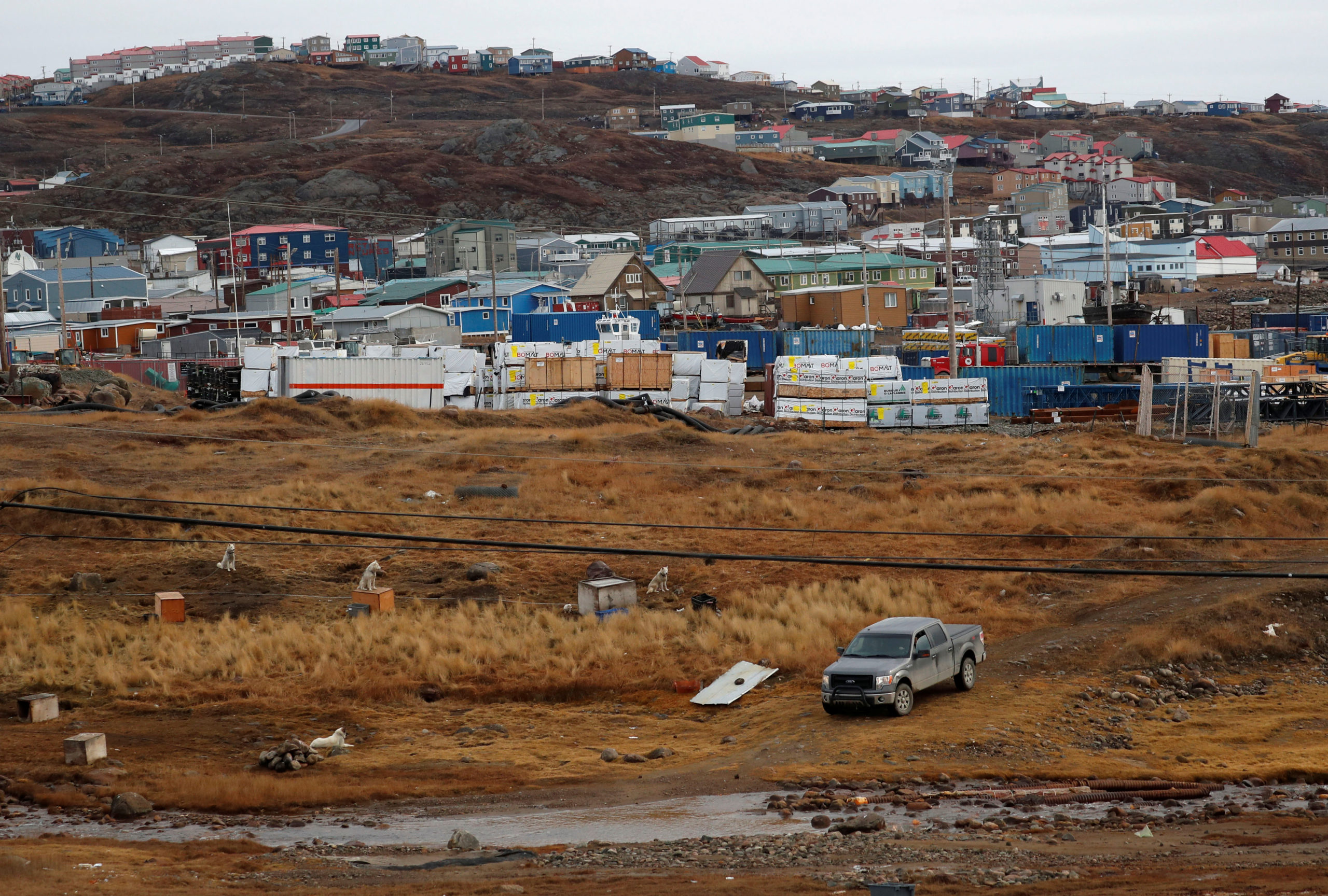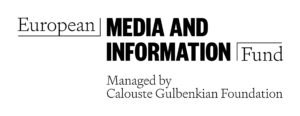Q&A: U.S. diplomat talks Arctic security, climate change in visit to Nunavut
Consul General Danielle Monosson says she came to share America’s priorities for Arctic, and to learn from local residents.

United States Consul General Danielle Monosson made her first trip to Nunavut recently, with a visit to Iqaluit in late October.
The purpose was to raise awareness about the United States’ release of its national strategy for the Arctic region for the next 10 years, and to meet the people of the territory, Monosson said.
The strategy has four pillars: Arctic security; resilience against climate change; economic development in the Arctic; and international cooperation.
During her diplomatic visit, Monosson spoke with Nunatsiaq News about the relationship the United States can have with Canada, and specifically with Nunavut.
This interview has been edited for length and clarity.
Nunatsiaq News: What role does the United States see itself having in smaller communities in the Canadian Arctic?
Monosson: Since it is Canada’s territory, we see ourselves having a complementary and supportive role, such as through north-to-north partnerships with Alaska. That could mean bringing someone from Alaska here, or exchanging best practices.
We also want to get to know Nunavummiut, because while working between Ottawa and Washington is important, it is vital to get the perspective of the people who actually live in the North.
NN: What about international co-operation in the Arctic? How does that continue in organizations such as the Arctic Council, when Russia has acted so aggressively with its invasion of Ukraine?
Monosson: When it comes to Russia, it is virtually impossible to co-operate with them in most arenas, including the Arctic. That being said, one of the goals in the United States’ new Arctic strategy is that our country wants to ensure the existing institutions in the Arctic are the ones that manage the region, especially with increasing Arctic interest globally.
NN: With the United States having two increasingly different political parties with differing world views in the presidency recently, what kind of consistency can Canadians expect when it comes to the United States’ approach to the Arctic?
Monosson: No matter who is sitting in the White House, Arctic engagement is a priority. We’re always going to want to cooperate closely with Canada because we have an incredible alliance and friendship. I think there’s more consistency than difference, such as in interest in supply chains, critical minerals, and working with local communities.
I don’t disagree there can be changes [when administrations change]. But in the long run, it’s a consistent and reliable relationship.
NN: What partnership does the United States see with Canada when it comes to climate change in the Arctic?
Monosson: Climate change is complex, and we’re looking to work together to get communities more resilient infrastructure and long-term solutions. The United States has done pilot projects on climate change and my country is looking for me to see what options and opportunities there are for that type of work in Nunavut.
NN: Is there anything else you would like to add?
Monosson: I hope to come again and see more of the communities. I’m eager to learn from Nunavummiut. I want to share my country’s strategic priorities, but I don’t want to tell people what to do. I want to learn from people what is the best way we can work together.
This article has been fact-checked by Arctic Today and Polar Research and Policy Initiative, with the support of the EMIF managed by the Calouste Gulbenkian Foundation.
Disclaimer: The sole responsibility for any content supported by the European Media and Information Fund lies with the author(s) and it may not necessarily reflect the positions of the EMIF and the Fund Partners, the Calouste Gulbenkian Foundation and the European University Institute.
